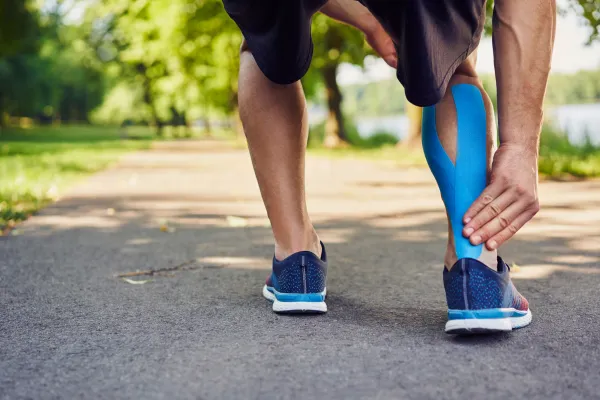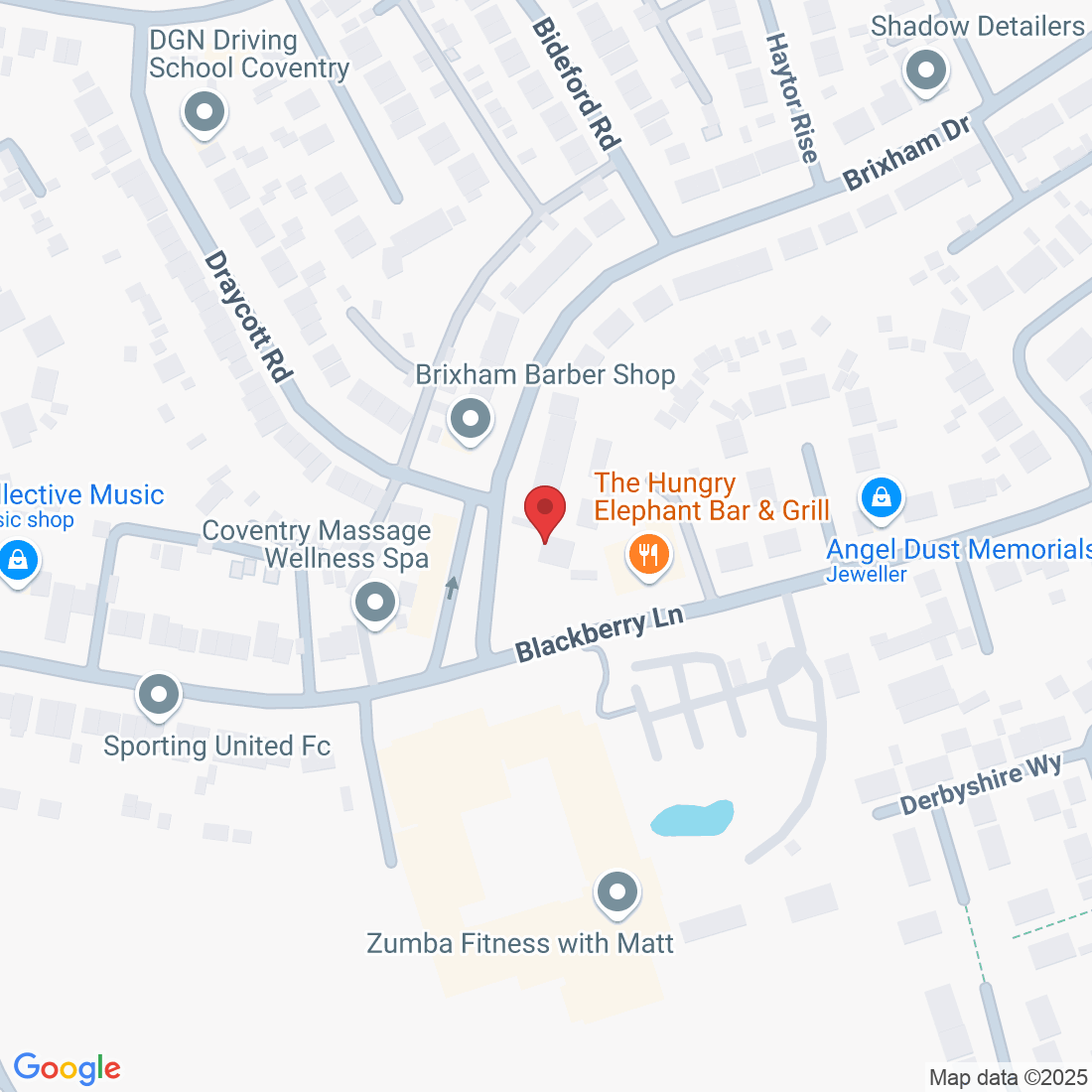
Achilles Tendinopathy in Adolescents: Causes, Symptoms, and Treatment Options
Achilles tendinopathy might sound like a condition mainly affecting adults, but it’s increasingly recognised in adolescents, especially those involved in sports or physical activities. If your teen is experiencing heel pain or stiffness, it could be due to Achilles tendinopathy. Here’s what you need to know about this condition and how to manage it effectively.
What is Achilles Tendinopathy?
Achilles tendinopathy refers to the inflammation or degeneration of the Achilles tendon, the large tendon at the back of the ankle that connects the calf muscles to the heel bone. This condition can cause pain and swelling in the tendon, particularly where it attaches to the heel.
Common Causes in Adolescents
Achilles tendinopathy in adolescents is often linked to several factors:
Overuse: Adolescents involved in sports, especially running, basketball, or soccer, are at a higher risk due to repetitive stress on the tendon.
Growth Spurts: During periods of rapid growth, the tendons and muscles might not keep up with the growing bones, leading to increased strain on the Achilles tendon.
Improper Footwear: Wearing shoes that don’t provide adequate support or cushioning can contribute to tendon strain and injury.
Biomechanical Issues: Flat feet, high arches, or poor alignment can place extra stress on the Achilles tendon.
Symptoms to Watch For
Recognising Achilles tendinopathy in your adolescent can help in getting timely treatment. Symptoms typically include:
Pain and Tenderness: Pain usually starts just above the heel, often worsening with activity and improving with rest.
Swelling: The area around the Achilles tendon may become swollen or warm to the touch.
Stiffness: The tendon may feel stiff, especially in the morning or after periods of inactivity.
Difficulty with Activities: Your teen might experience discomfort during activities like running or jumping.
Treatment Options
Addressing Achilles tendinopathy early can prevent more serious issues. Here are some age-appropriate treatment strategies:
Rest and Activity Modification: Reducing or modifying physical activities that stress the tendon is crucial. Encourage your teen to take breaks from high-impact sports and opt for low-impact exercises like swimming or cycling.
Ice Therapy: Applying ice to the affected area can help reduce inflammation and pain. Aim for 15-20 minutes of ice application several times a day, especially after activities.
Stretching and Strengthening Exercises: Gentle stretching of the calf muscles and strengthening exercises for the Achilles tendon can improve flexibility and reduce strain. Consult with a physical therapist to develop a safe and effective exercise routine.
Proper Footwear: Invest in well-fitting shoes that provide good arch support and cushioning. Orthotic inserts might also be recommended to correct any biomechanical issues.
Medications: Over-the-counter pain relievers, such as ibuprofen, can help manage pain and inflammation. Always consult with a healthcare professional before starting any medication.
Professional Evaluation: If symptoms persist, it’s important to seek a professional evaluation. A podiatrist can assess the condition, recommend further treatments, and, if necessary, refer your teen to a specialist for advanced care.
Preventing Future Issues
To prevent Achilles tendinopathy from recurring, encourage your adolescent to:
Warm Up Properly: Ensure they perform a proper warm-up and cool-down before and after physical activities.
Gradually Increase Activity Levels: Avoid sudden increases in activity intensity or duration to reduce the risk of tendon strain.
Maintain Good Foot Health: Regular foot check-ups and proper footwear can make a significant difference.
Achilles tendinopathy can be a challenging condition, but with early intervention and proper care, your adolescent can recover and return to their favourite activities. If you have concerns about your teen’s foot health, don’t hesitate to contact us at Coventry Foot Clinic. We’re here to provide expert care and support to help your family stay active and healthy!
Ask Abid And His Team
Fill in the form to request a Call From Our Team
One of our team will call you for FREE and answer any questions or concerns you may have about your uncomfortable Foot Pain
© Copyright 2022. Biomechanix Clinic Ltd. All rights reserved.





